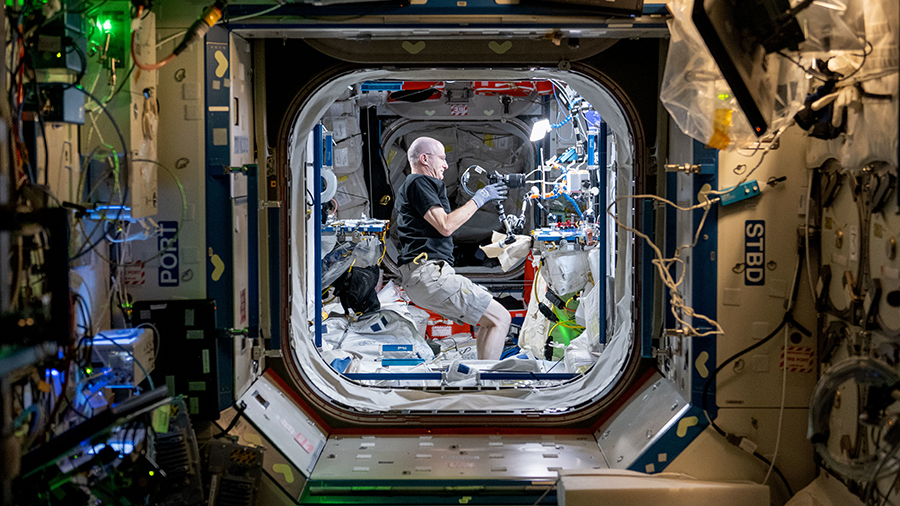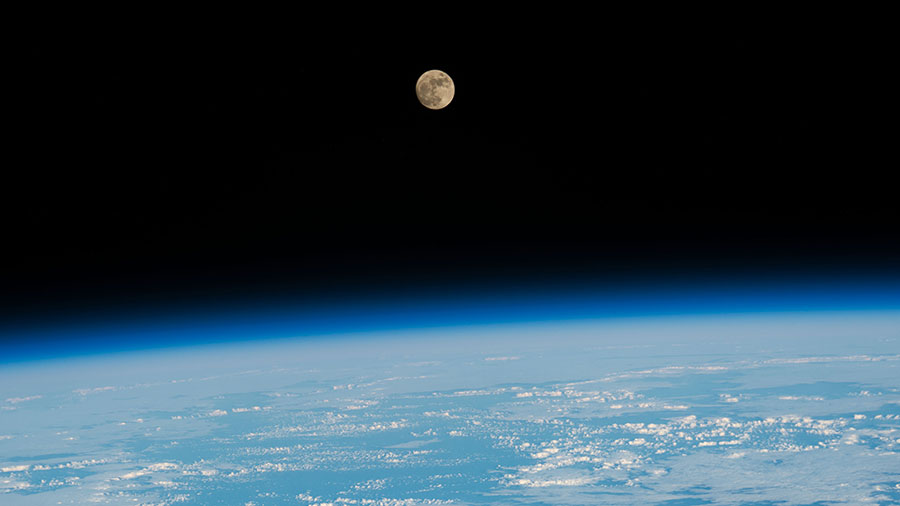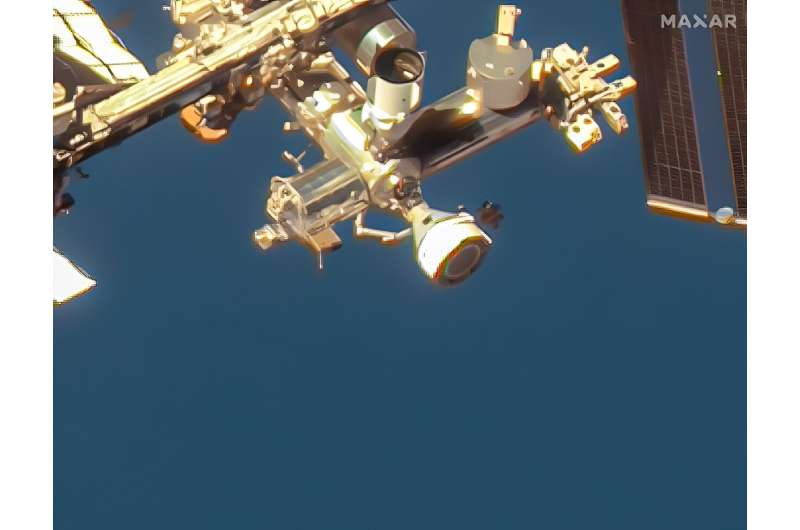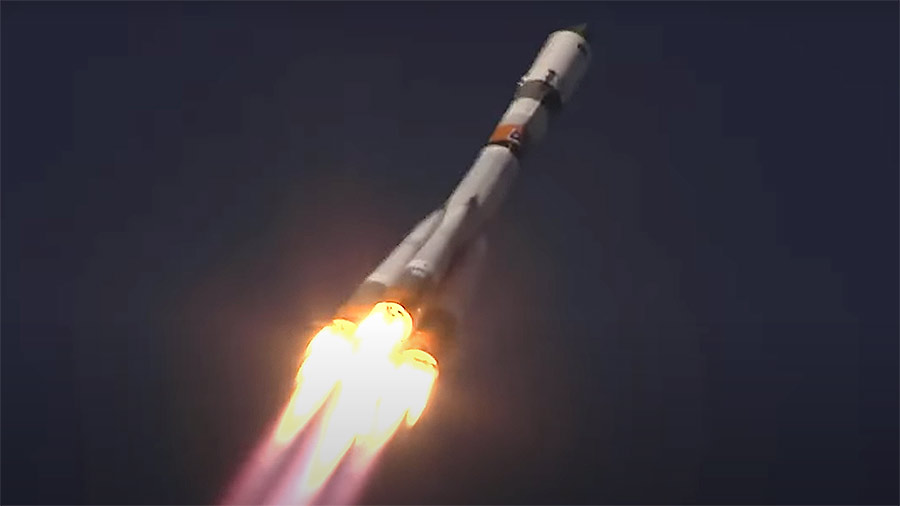
The Expedition 72 crew is getting ready for a pair of missions next week to relocate a Dragon spacecraft to a new port then receive a new Dragon cargo delivery. The seven International Space Station residents also continued a host of space biology studies while maintaining the upkeep of the orbital lab on Thursday.
NASA Flight Engineer Nick Hague will command the SpaceX Dragon Freedom spacecraft this weekend taking NASA astronauts Suni Williams and Butch Wilmore and Roscosmos cosmonaut Aleksandr Gorbunov on a short ride to a new port. The quartet will undock from the Harmony module’s forward port at 6:35 a.m. EST on Sunday inside Freedom then relocate to Harmony’s adjacent space-facing port at 7:18 a.m.
The relocation maneuver opens up Harmony’s forward port for the next Dragon cargo mission due to launch at 9:29 p.m. on Monday from Kennedy Space Center in Florida. Dragon, carrying nearly 6,000 pounds of new science experiments and crew supplies, will arrive at the orbital outpost for an automated docking to Harmony’s forward port at 10:15 a.m. on Tuesday. Hague, Williams, and Wilmore joined NASA Flight Engineer Don Pettit and called down to mission controllers on Thursday and discussed the upcoming cargo operations. Hague and Wilmore also will be on duty Tuesday morning monitoring Dragon’s approach and docking.
The NASA quartet along with the three Roscosmos cosmonauts aboard the orbital outpost still kept up their critical research responsibilities informing ways to continuously improve human health of space crews and humans on Earth.
Hague began his day exploring the cardiovascular risk of living in space by attaching electrodes to his chest, scanning his arteries with an ultrasound device, then measuring his blood pressure. Pettit attached filters to a unique incubator located in the Kibo laboratory module that can generate artificial gravity. Afterward, Pettit imaged Hague’s retina, cornea, and optic nerve using standard medical imaging gear found in a doctor’s office.
Expedition 72 Commander Williams removed components from inside the Spectrum biology imaging device that captures fluorescent imagery of biological samples to track space-caused physiological changes. Station Flight Engineer Wilmore opened up BEAM, the Bigelow Expandable Activity Module, and entered the cargo stowage module replacing particle filters and swabbed surfaces to collect potential microbe samples for analysis.
Roscosmos Flight Engineers Alexey Ovchinin and Ivan Vagner continued their weeklong maintenance and inspection tasks in the aft end of the Zvezda service module. The duo also took turns attaching electrodes to themselves recording their heart activity and measuring their blood pressure. Flight Engineer Aleksandr swapped out a lens on a student-controlled Earth observation camera then serviced gas supply valves for the Plasma Kristall-4 space physics investigation.
Learn more about station activities by following the space station blog, @space_station and @ISS_Research on X, as well as the ISS Facebook and ISS Instagram accounts.
Get the latest from NASA delivered every week. Subscribe here: www.nasa.gov/subscribe




